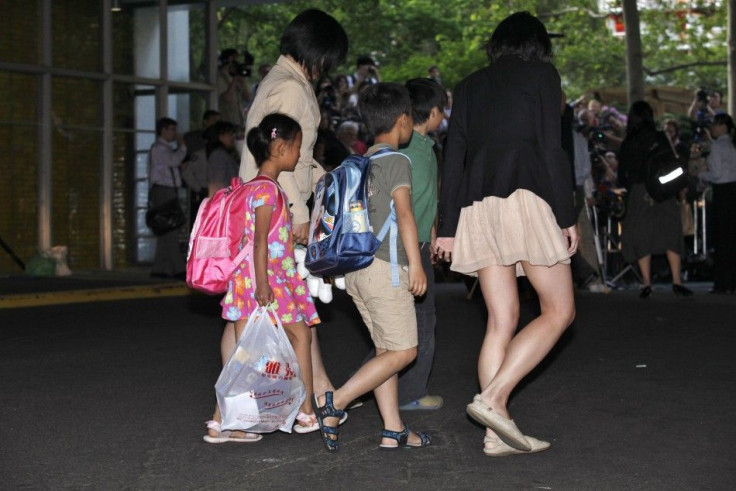China's Human Rights Record Worsening, US Claims After Two-Day Summit On The Issue

The human rights situation in China is deteriorating, a senior U.S. official said, on Friday, and pointed to an increasing number of rights abuses and a lack of adequate response from China to questions from the U.S. about detained activists.
The comments followed a two-day annual meeting between the two countries, held earlier in the week on human rights issues, in the southwestern Chinese city of Kunming.
Uzra Zeya, Acting Assistant U.S. Secretary of State for Democracy, Human Rights and Labor, who led the U.S. delegation at the meeting, said Beijing gave very few answers to her questions on cases of alleged human rights violations in the world's second-largest economy.
“We continue to see a deterioration in the overall human rights situation in China,” Zeya told reporters in a briefing, Agence France-Presse, or AFP, reported. Zeya added that the U.S. delegation had conveyed Washington’s concerns about China’s policies of harassing relatives of dissidents and activists in a bid to control and curb their protests.
Citing examples of blind lawyer Chen Guangcheng, and the jailed Nobel Peace Prize laureate Liu Xiaobo and his wife who is also under house arrest, Zeya said that the Chinese government was reluctant to answer questions posed by the U.S. delegation.
"We certainly did raise a number of specific cases ... In some cases we were able to receive some information. I would say overall it fell short of our expectations," Zeya said, according to Reuters.
There was widespread hope among observers and human rights groups that last year’s change in China's political leadership would trigger reforms leading to better rights and more freedom for the communist country's people. However, human rights groups now say that the new administration has continued with its crackdown on activists, their supporters and family members.
"The targeting of family members is one reason for that assessment ... This is a worrisome trend and one which we have raised at senior levels with the Chinese government," Zeya added, according to the Reuters report.
After Chinese President Xi Jinping took office in March, Beijing has detained several activists including legal activist Xu Zhiyong and has tightened its hold on Internet usage in the country to contain dissidence against the state, according to rights activists.
Zeya said the U.S. expressed strong concerns over Beijing’s policies toward religious minorities like Tibetans “particularly with respect to repressive measures related to religious practice,” AFP reported.
Beijing, which usually defends its human rights record by pointing to alleged human rights violations by the U.S., is yet to respond to the concerns raised by the U.S. after the latest summit.
In a report released in April, China had accused the U.S. of turning a “blind eye to its own woeful human rights situation,” within the U.S. and abroad.
© Copyright IBTimes 2024. All rights reserved.












